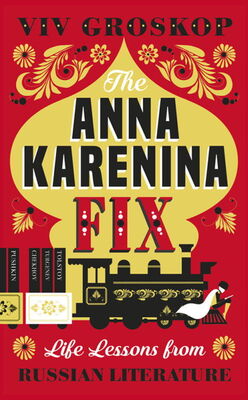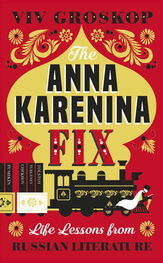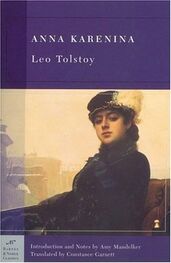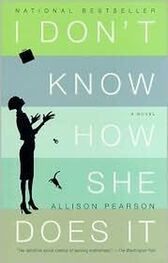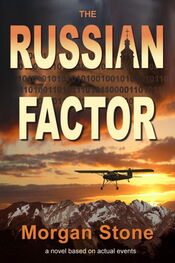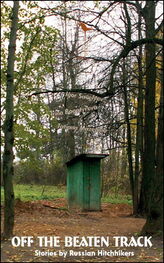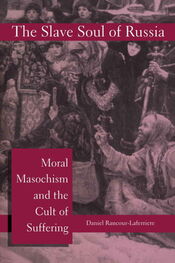My immediate reaction was shock and sadness for Masha’s mother (whom I had met only once) and concern for the other friends who had known her since childhood. One response I had was also fairly pragmatic: ‘All their lives are depressing. And Masha was one of the happy ones. This will give them ideas.’ It also struck me, rather unfairly, that this incident was indicative of Russian life. I had gone through British life for two decades without knowing anyone who had committed suicide. I had barely been in Russia two weeks and one of the dozen people I knew had killed herself.
I had mixed feelings about Masha’s death, and about attending her funeral. I worried that it would be inappropriate for me to go, as someone who wasn’t among her closest friends and as someone who was a foreigner, an outsider. On the other hand, though, I knew that having a foreigner there would probably carry some kind of kudos which would be attractive to her friends and her family, and that there would be other friends who would want me to go. It might be some kind of consolation. Or it might be an imposition. It was impossible to know how to behave. It became obvious that everyone expected me to go and that it would cause offence not to. (Along with ‘fate’ and ‘soul’, the concept of causing offence is huge in Russia. The refusal of the tiniest thing can be countered with: ‘You are offending me.’)
I find it strange that, now, I don’t remember exactly what reason was given for Masha’s suicide. I remember being obsessed with the question at the time. I was frustrated with my own inability to understand everything that was being said to me in Russian and equally frustrated with my lack of vocabulary to offer alternatives. I distinctly recall someone saying something I did understand: ‘ Prosto ne khotela bol’she zhit’ .’ (‘She just didn’t want to live any more.’) This was accompanied by a shrug that said: ‘You know what that’s like.’ I suppose, as teenagers, we all felt we understood. But, really, we understood nothing. Many years later, I found out that the Belorussian Nobel Prize winner Svetlana Alexievich had written Enchanted with Death , a book about the outbreak of suicides in the country around the same time, just after the collapse of the Soviet Union: her explanation was that life became too uncertain and confusing for many people and they just couldn’t take it any longer. Also, many felt caught up in the Communist project, and the failure of that ideology symbolized something personal for them. Masha seemed an unlikely candidate for this way of thinking. She was plump and pretty and had a face that was so doll-like it was almost comical. She had cherubic cheeks that made her look like a matrioshka , with puffy, brown, curly hair. She was a cheerful girl: friendly, sweet, innocent. I still find it hard to believe that what she did was intentional and not just the proverbial cry for help.
The morning I heard the dull knocking at the door, I had no desire to get up and half-wash myself in a tiny cubicle crawling with cockroaches. The bathroom of the student hostel had tiles which were crumbling off the walls. Insects and Soviet plaster intermingled, and a draught whistled through the cracks. Outside, it was freezing. It was a dry, biting cold, the sort you never quite got used to, even in St Petersburg. Neither did I have any idea what to wear: I had no black clothes and, crucially, no black coat. The only coat I had with me was completely unsuitable for most occasions, and definitely unsuitable for a funeral. It was an old man’s brown leather jacket with a sheepskin lining. I had bought it in a second-hand shop and thought it made me look like something out of Quadrophenia . In fact, it made me look more like something out of The Archers . It was not made to be worn to a Russian funeral service outside in temperatures of minus ten degrees. Three friends had come to pick me up to take me to the funeral (because my Russian would not have been good enough to take the right train to get there myself). They looked at my brown old man’s jacket with curiosity and pity. ‘Do you have any make-up?’ one of them asked, suddenly. ‘Bring it with you.’ He mumbled something about ‘the girls’, but I didn’t understand. It was very early in the morning, two of them were crying and I did not want to ask questions. I shoved a make-up bag into my handbag.
The trip there was the longest journey I had made inside Russia at that point. It took hours. We went to the end of the metro line and then on the electrichka (cross-country rail service). I had no idea where we were: north, south, east, west. On the way there, I remember being shocked that the boys – my friends – were smoking on the metro. I gestured and frowned at them. This was the kind of thing that could get you arrested or, at the very least, hassled, delayed or detained, which didn’t seem a good idea on the way to a funeral. But they all just shrugged and looked at me reprovingly, as if to say, ‘We are going to the funeral of our friend who has committed suicide. No one is going to mind us smoking on the metro in this instance.’ I, however, did not smoke on the metro. I sat in accusing silence, staring at the sign on the doors that read Ne preslonyat’sya , which means ‘Do not lean against the glass’ but looks to all students of Russian as if it means ‘Do not do elephant impressions.’ (The word slon (think ‘Ceylon’) means ‘elephant’, and so it comes across as a verb that means ‘to elephant around’, which is maybe what leaning is, really, only using your arm instead of a trunk. This is the kind of thing that was going through my mind while I tried not to think about what had happened to Masha.)
The landscape when we arrived was straight out of Doctor Zhivago : fields and nothing else for miles, with a graveyard in the foreground and a few crumbling, factory-style buildings. Looking back, if I had known what was going to happen that day, I probably wouldn’t have gone. The whole day involved me arranging my face into a series of expressions that indicated falsely that I wasn’t shocked when, in fact, I was shocked out of my mind. We queued outside the building for a while, me not knowing why we were there or even knowing what the building was, until I realized someone was saying the word morg (the same word as in English). I shivered. While we were in the queue, some girls came up to me. I didn’t know them. They were clearly friends of Masha’s, different from the group I knew. Their faces were heavily made-up. One said, ‘Are you the Foreigner? Vipulya? Tiny Little VIP?’
‘Yes. I am Vipulya. I am Tiny Little VIP.’
‘Did you bring the make-up?’
‘Yes.’
‘Can we borrow it?’
‘Er, okay.’
I handed it over. A pause. The blonde girl looked at the ground. ‘It’s for Masha.’
Finally, I understood. They were going to make up her face with it. It was the final honour that she would be made up with Western cosmetics. Now I understood why everyone had wanted me there. That was a Clinique compact I was not going to be using again.
After about an hour standing outside in the sort of punishing cold that freezes your nostril hairs, we were ushered into the morgue, which was not much warmer in terms of temperature and positively icy in terms of immediate psychological impact. To my horror (which I was careful not to register on my face – everyone else was behaving as if this place was normal), there were corpses laid out everywhere, on slabs or slumped on chairs, maybe between fifteen and twenty, mostly older men who looked, from their unkempt appearance, as if they had died lonely and horrible homeless alcoholic deaths. One man’s features were twisted into a terrible grimace.
Читать дальше